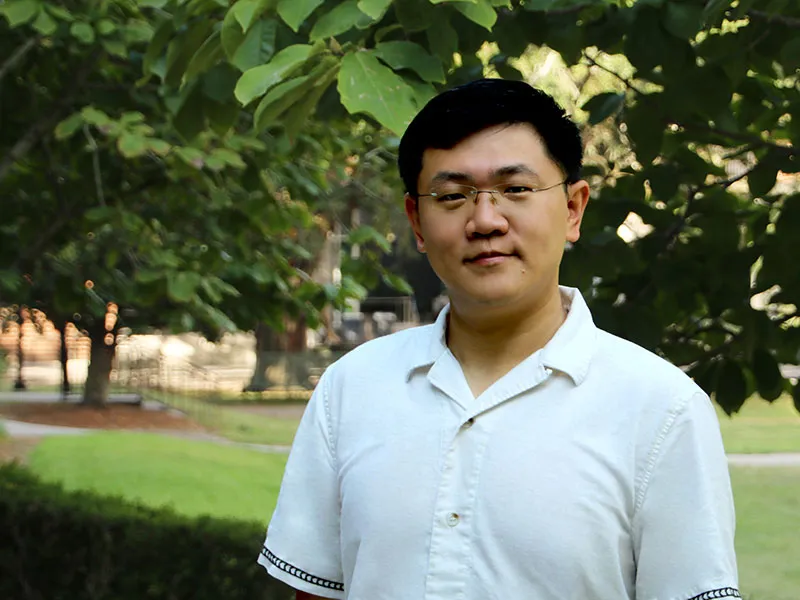
Education
Biography
Xiaoyue Yasin Li is an Assistant Professor of History and MENA Studies at Tulane University and specializes in the history of the modern Middle East and North Africa. He received his Ph.D. in history from the University of Michigan, Ann Arbor in 2021. As a historian of the modern Middle East, Xiaoyue Li’s scholarship centers on techno-infrastructure within its broader social milieu in Egypt, and explores the interplay of materiality, technology, capitalism, and everyday politics. His book manuscript in preparation, Taming an Iron Horse: Capital, Politics, and Rail Infrastructure in Egypt, revisits the modern Middle East as frontier of empires and its entrenched entanglement with global histories of capitalism, empire, and resistance. Taking an infrastructural approach, this study accentuates the multilayered politics in motion at an empire’s frontier that oscillated between modernity and indigeneity, capitalization and decolonization, autocratic reality and democratic ethos.
Research Interests
Xiaoyue Li’s scholarship centers on techno-infrastructure within its broader social milieu in Egypt, and explores the interplay of materiality, technology, capitalism, and everyday politics. His book manuscript in preparation, Taming an Iron Horse: Capital, Politics, and Rail Infrastructure in Egypt, revisits the modern Middle East as frontier of empires and its entrenched entanglement with global histories of capitalism, empire, and resistance. This project uncovers vexing state policies in tandem with quotidian uses and usurpations of railways under the looming specter of a monumental debt crisis. Taking an infrastructural approach, this study accentuates the multilayered politics in motion at an empire’s frontier that oscillated between modernity and indigeneity, capitalization and decolonization, autocratic reality and democratic ethos. It significantly contributes to the ongoing “infrastructure turn” in scholarship, positing that Egypt’s rail network simultaneously assembled material, capital, expertise, and people, while also compartmentalized communities and everyday experiences.
Besides this current project, Li harbors a wide range of scholarly interests, including technology-/infrastructure-induced social inequality, global interactions, and the (de)construction of the Third World, where he joyfully gleans ideas for future research projects and teaching.
Publications
“Usurpers of Technology: Train Robbery and Theft in Egypt, 1876-1904,” International Journal of Middle East Studies 53, no. 2 (2021): 195-212.
“China-Egypt Relations: Constructing Images and Perceptions in the ‘Belt and Road Initiative.’” In Rethinking China, Middle East and Asia in a “Multiplex World”. Edited by Mojtaba Mahdavi and Tugrul Keskin. Leiden, Netherlands: Brill Publishers, 2022, 147-161.
Review of Electrical Palestine: Capital and Technology from Empire to Nation by Fredrick Meiton, Technology and Culture 63, no. 2 (2022): 563-565.
Awards
Malcolm H. Kerr Dissertation Award in Social Sciences, Middle East Studies Association (MESA), co-winner, 2022.
Courses
- HISM 2200 History of Islam to 1400
- HISM 2210 Modern Middle East 1750-Present

